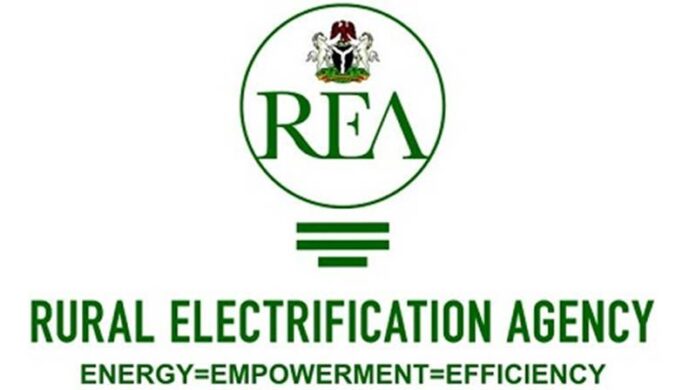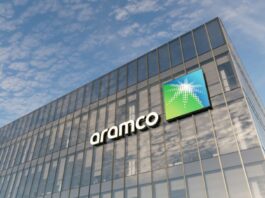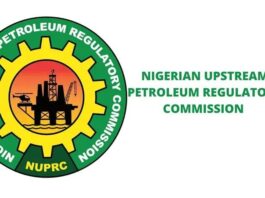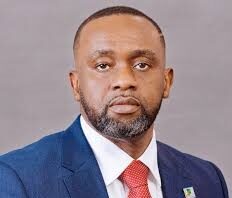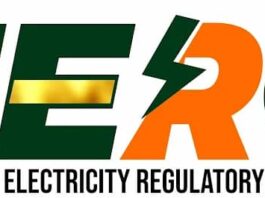Delta, REA sign MoU to tackle blackout
CHIGOZIE AMADI
Delta State Government has moved to tackle its crippling power deficit, where more than 60 per cent of communities remain unconnected to the national grid, by signing a Memorandum of Understanding with the Rural Electrification Agency to roll out renewable and off-grid solutions.
The agreement, signed at a roundtable in Abuja on Wednesday, is projected to provide electricity for over 386,000 residents through 120,217 new connections, unlock $158m in private sector investments, and boost the state’s Gross Domestic Product to $2.9bn.
At the event themed “Unlocking Distributed Energy Investments for Industrial Growth and Inclusive Access in Delta State”, Governor Sheriff Oborevwori said the deal was central to his administration’s MORE Agenda and medium-term development plan (2024–2027).
He emphasised that electricity access remains critical to productivity, investment attraction, and improving livelihoods. The governor reaffirmed his administration’s commitment to renewable energy as a catalyst for industrial growth, rural development, and inclusive opportunities.
He noted that with most communities underserved by the national grid, off-grid renewable options like solar and wind power provide huge opportunities for sustainable energy access.
He said, “I want to stress the willingness of the Delta State government to participate in the suite of impactful programmes on offer. It goes without saying that in Nigeria, education projects, energising education programmes, energising economics initiatives, rural education fund, distributed access to renewable energy skills, and the collateral fund, would drive prospects for lighting in our rural communities.
“I must emphasise that we view these programmes not only as energy access initiatives, but as powerful tools for inclusive economic growth, enterprise development, and rural transformation. Access to reliable energy in cities is a cornerstone for unlocking productivity, attracting investments, and enhancing the livelihoods of our people, particularly in communities that have long been on the search and under search.
“Delta State is committed to leveraging these programmes to accelerate the delivery of energy solutions that align with our medium-term development plan 2024-2027 and the MOA agenda of Delta State. We believe that the outcomes of these initiatives will drive meaningful improvements in healthcare delivery, education, local industries, and job creation across Delta State.”
Oborevwori further revealed that work was ongoing on an 8.5MW independent power plant in Asaba to supply key government institutions.
On his part, REA’s Managing Director, Abba Aliyu, disclosed that the agency had identified 471 potential mini-grid sites across Delta State, with Ndokwa East LGA alone accounting for more than 83 locations.
“On average, a village in Delta State can have 255 connections. This density makes the state very attractive for mini-grid investments,” Aliyu explained. He said projects in these locations could generate over 31,000 jobs and provide electricity for more than 120,000 buildings, describing Delta as one of Nigeria’s most promising hubs for distributed renewable energy.
Aliyu commended Delta’s forward-looking electrification strategy, anchored on distributed renewable energy, mini-grids, and private sector participation. He noted that REA has $1.16bn available to support such projects nationwide, but emphasised the need for strong partnerships with states and investors.
Aliyu also cited an investor considering a $53bn 600MW solar panel assembly plant, urging Delta to convince the firm to site the project in the state. The highlight of the event was the signing ceremony of the memorandum of understanding, where both parties expressed confidence that the collaboration would boost rural economic growth, improve social services, and significantly close Delta’s energy access gap.


